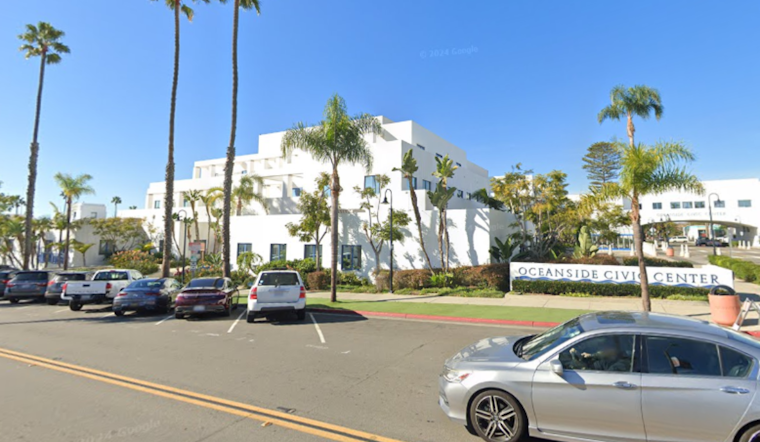Oceanside agreed to pay a $1.5 million fine as part of an expensive settlement to address infractions related to a 2020 sewage catastrophe caused by bad weather. During a severe rainfall, two large sewage overflows dumped about two million gallons of untreated waste into nearby waterways, resulting in the punishment. The San Diego Union-Tribune was the first to report on the leaks, which were caused by an unusual flood that flooded the city’s wastewater system and caused raw sewage to flow into Buena Vista Creek and the tributaries of the San Luis Rey River.
Particularly hard hit was the Buena Vista Lift Station, where flooding damaged electrical equipment and caused an estimated 900,000 gallons of discharge. Around 820,000 gallons of sewage were released at the same time due to the city’s San Luis Rey Water Reclamation Facility, which was expanding at the time. An environmental scientist for the water board told the San Diego Union-Tribune about the extent of the leak, which had an impact on multiple bodies of water, including the ocean and the Buena Vista Lagoon.
Apart from the penalty, the agreement with the San Diego Regional Water Quality Control Board, as reported by CBS 8, stipulates that Oceanside must take steps to reduce the likelihood of such occurrences in the future. At the Buena Vista Lift Station, the city has consented to carry out a feasibility study to investigate long-term flood mitigation measures; the findings are anticipated to be delivered by January 2027.
According to the statements that CBS 8 and the San Diego Union-Tribune were able to get, the 2020 incident’s aftermath has led to more significant infrastructure upgrades. Oceanside Water Utilities Director Lindsay Leahy is quoted in the San Diego Union-Tribune as saying, “The Water Utilities Department continues to focus on replacing and upgrading aging infrastructure to maintain services to our customers and protect the environment.” David Gibson, executive officer of the San Diego Water Board, also emphasized the significance of preparing for climate change-related unexpected rainfall patterns in order to “harden sewage systems” against upcoming “atmospheric river storm events.” as reported by CBS 8.
Note: Every piece of content is rigorously reviewed by our team of experienced writers and editors to ensure its accuracy. Our writers use credible sources and adhere to strict fact-checking protocols to verify all claims and data before publication. If an error is identified, we promptly correct it and strive for transparency in all updates, feel free to reach out to us via email. We appreciate your trust and support!



Leave a Reply